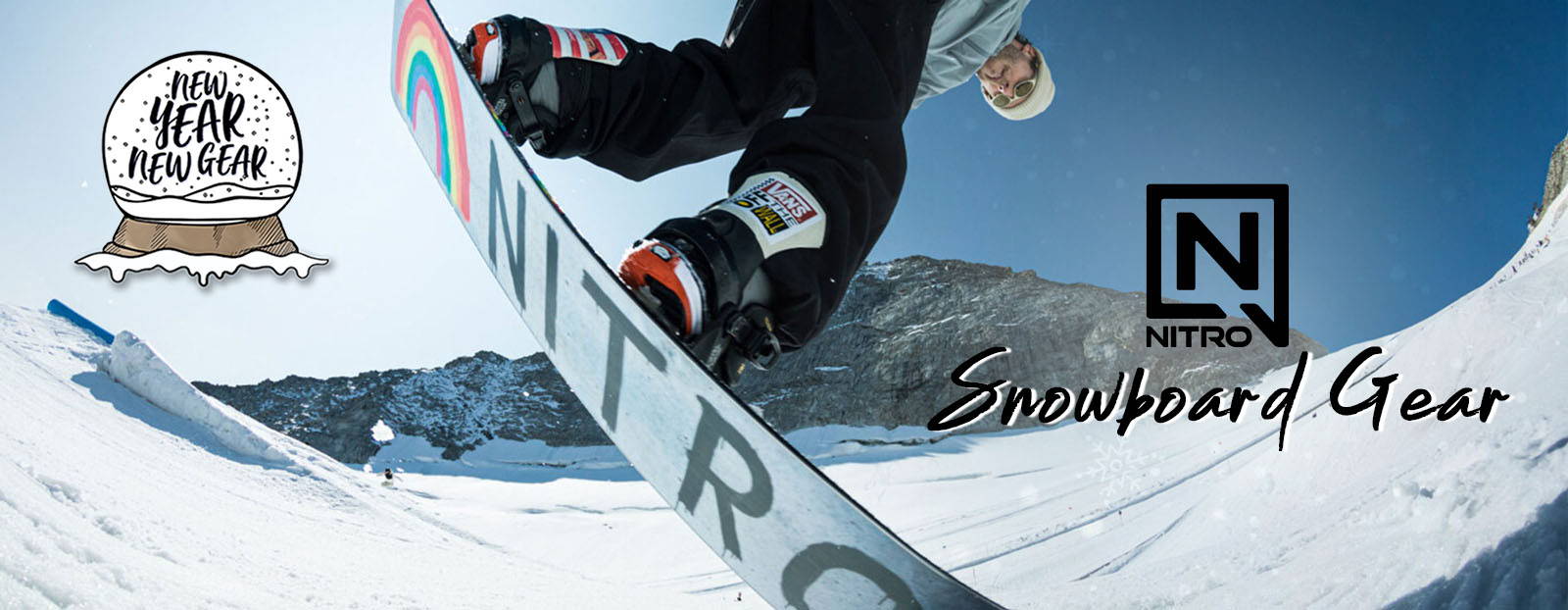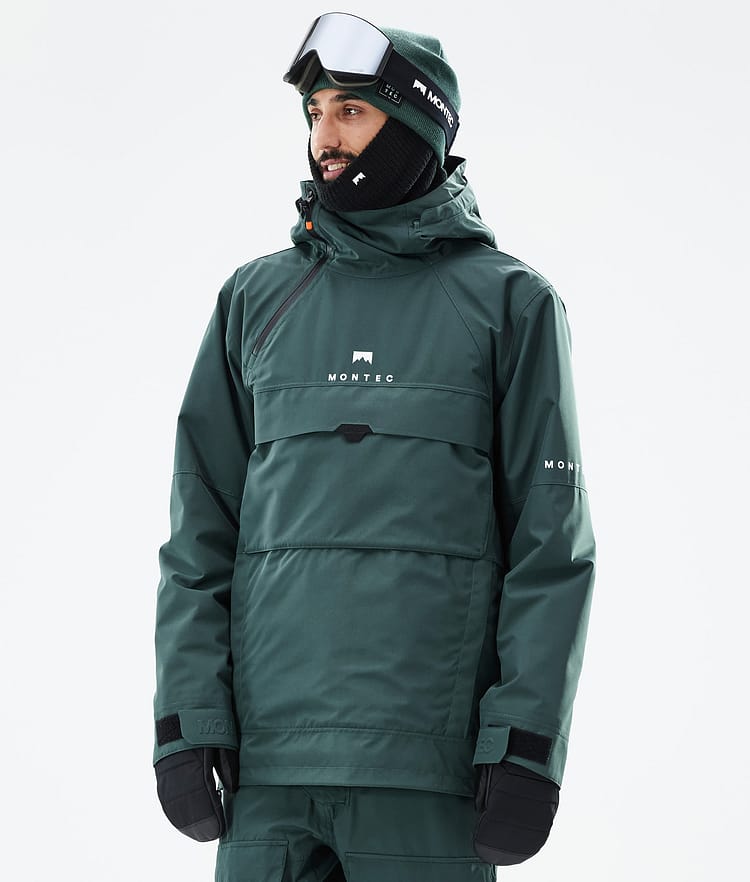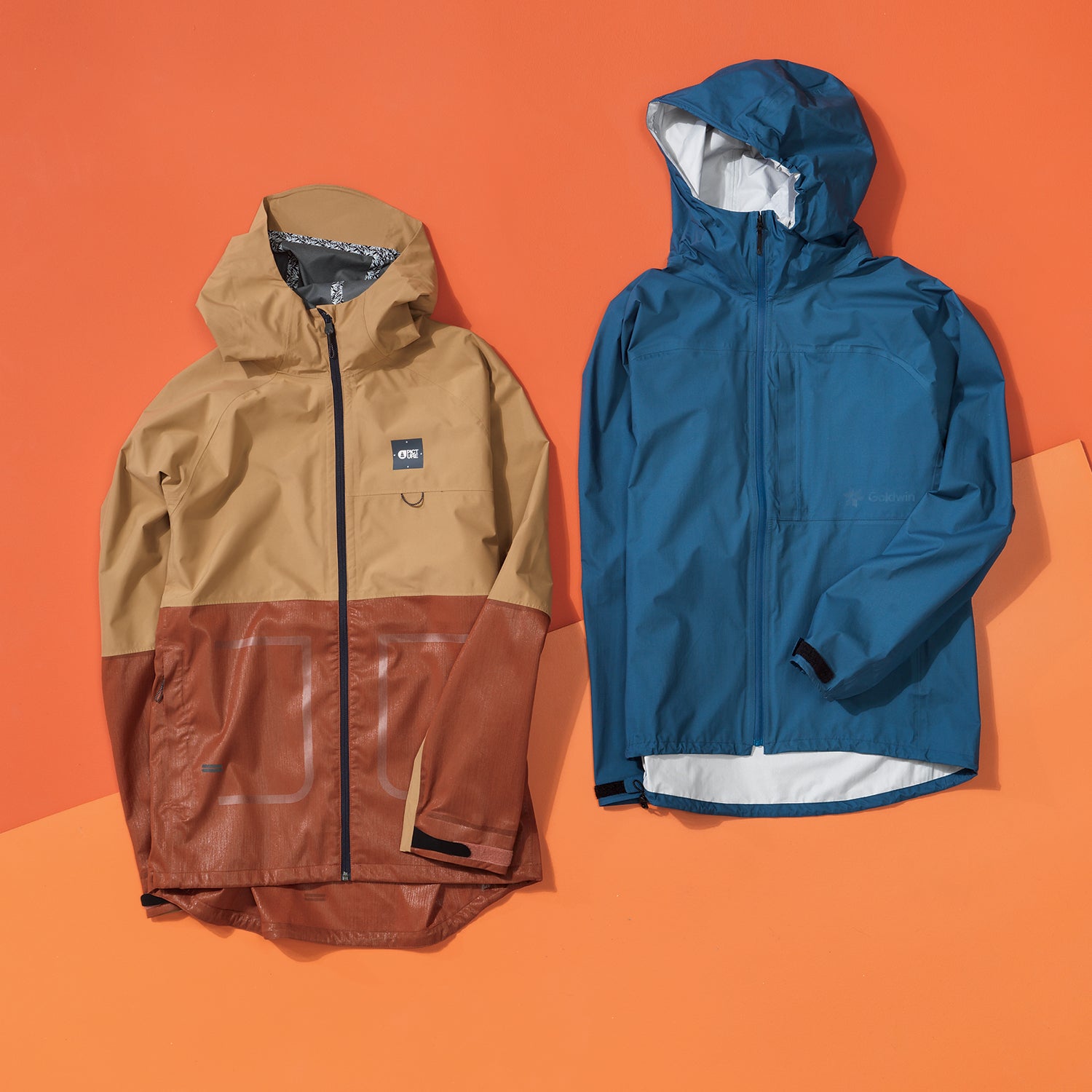
Alpine skiing is the sport of sliding down snow-covered hills on skis with fixed-heel bindings. This winter sport is very popular and can be found all over the globe, provided there is adequate infrastructure to support ski lifts.
Speed skiing
Alpine skiing is a sport where skiers are instructed to ski down a snow-covered mountain slope in the fastest time possible. The sport is a time trial, and it is one the main events of the Winter Olympics.
At the Olympics, five disciplines of alpine skiing are being contested: downhill; giant slalom; super-G; and combined. Each discipline has its own events and the medals awarded to the winners are different.
Downhill
This is one of the most well-known and simple alpine skiing disciplines. Participants must ski down a course at the fastest speed possible. The winners are the fastest skiers.

Slalom
Slalom, the second fastest alpine skiing discipline, is a race in which competitors must pass through "gates", plastic poles placed at specific points on a course. The gates are located close together, so it is necessary to quickly change of direction. Slalom competitions usually involve two runs on the same course, with eliminations based on the times of the first run.
Giant slalom
Giant slalom, the most complex and technically demanding of all alpine skiing disciplines requires you to pass through a series gate, some closer than in Slalom. This requires greater control than Slalom and is the most difficult discipline to win.
Super-G
Super-G is the third discipline of alpine skiing. It involves competitors racing down slalom tracks while also maneuvering gates and turning precisely. The skier with the fastest time on all three courses wins.
Combined
The final and sixth alpine skiing disciplines are combined. This is where competitors can ski simultaneously down both giant slalom as well as slalom slopes. The gold medal goes to athlete with fastest overall time.
Grass skiing
The skier can use bindings to attach the bindings to his or her boots, which is different from Nordic and cross-country skiers. This can be done on groomed trails, or in the backcountry.

Telemark
Telemark, which is a form ski turning, was created in Norway. It differs from Nordic and cross-country skiing. It requires greater control and reflexes to perform than Nordic or cross-country ski.
It is a FIS-sanctioned competition and named after Sondre Norheim, the Norwegian skier who invented it in 1850. He invented new curved skis with heel bands, which made it easier to turn sharply downhill.
Alpine skiing, a popular winter sport that is fun and has been included in the Olympics for many decades, is very much loved. The first men's and women's races took place at the 1936 Garmisch-Partenkirchen Games, with a combined downhill and slalom event. In 1952 and 1988, the first super-G and giant slalom races were added. The newest addition to the Olympics is the mixed team parallel slalom.
FAQ
Here are some things you should never forget about when traveling.
When traveling, you will often find yourself in situations without the ability to make informed decisions. So be prepared to improvise.
Sometimes you might find yourself stuck for days, weeks or months. If you've planned ahead, you'll have food, water, shelter, and a place to sleep. However, if you don’t plan ahead, you might need to improvise.
These cases will likely require you to rely on the things you are most skilled at. You will have to rely on your instincts and experience to make quick decisions.
Sometimes you don't have a choice. You might find yourself in an area without cell service, out of gas or robbed. These situations will require you to quickly adapt to the situation.
The key is to keep calm, stay focused and act decisively. Don't panic. Instead, stay focused on what you have control of.
For example, if you're lost in the woods, you can choose which direction to go. If you feel hungry, you have the option to eat berries or mushroom. If you're thirsty, you can drink rainwater or melt snow.
If you're tired, rest. Wrap up warmly if it's cold. If you're wet, you can change clothes. You'll feel happier if you remain positive, no matter what your decision.
What should you bring on vacation?
You need to know what you want to do on your holiday. It's not just about packing clothes. Also, think about where and how long your stay there.
Consider what type of activities you'd like to take part in. You might want to go scuba diving if your destination is exotic. Participating in local festivals or events is a good idea if you're planning on staying somewhere for a longer time.
It is crucial that you inform the people responsible for your care if you have any health problems. They can then plan accordingly.
What size luggage should I carry?
The length of your trip will determine how much luggage you need. Hand baggage is usually limited to 20 kg if you travel by plane. If you're traveling by bus or train, you'll need more space.
When you arrive at the airport, you will be given a form to fill out with details of your flight. This will include information such as the weight of your bags and whether you require assistance when checking them in.
Before you leave for work, make sure to check it. If you don't, then you could find yourself waiting around for hours while everyone else checks their luggage.
It's best to travel light, as you never know when something might happen. It is possible to lose your bag and not have something to wear.
Where can I buy cheap airline tickets?
If you're looking for the cheapest airfare, consider Jetstar, Virgin Australia or Tigerair. You may also want to check out airlines such as AirAsia and Tigerair.
Some airlines offer discounts on flights if you search online.
Statistics
- No Checked Bags: No Alcoholic beverages with more than 70% alcohol (over 140 proof), including grain alcohol and 151 proof rum. (tsa.gov)
- That's an 18% jump from 2019, the previous record year. (travelandleisure.com)
- They're also likely to offer babysitting services, in case you'd like to have dinner one night after 7 p.m. (travelandleisure.com)
- Pack sweaters, jackets, and underwear in reusable compression bags creating up to 75% more space in your luggage. (wikihow.com)
- Alcoholic beverages with 24% alcohol or less are not subject to limitations in checked bags. (tsa.gov)
External Links
How To
What are the best travel tips to beginners?
You can travel is an exciting adventure, but there's a lot you need to be aware of to make sure you have a safe and enjoyable journey.
These are some general tips that will help you plan your next vacation.
-
Book early. The lower the price, the earlier you book. You can also save money by not taking advantage of last-minute deals offered to you by hotels or airlines.
-
Stay-at-budget accommodations. Cheap hotels offer better value for money. They are located near shopping and public transportation.
-
Don't overpack. Keep it light. Allow for souvenirs, gifts, and luggage. You should wear clothes that fit comfortably and don't wrinkle easily.
-
Use common sense. Do not walk alone if you're travelling solo. Avoid unsavory neighborhoods and areas where crime is rampant.
-
Prevent theft. Keep valuables safe from prying eyes. Never leave anything valuable unattended when you go swimming.
-
Be careful with cash. Tourists living in foreign cities are often the target of thieves. You can keep your money hidden by using ATMs within banks and guarded facilities.
-
You should know where you are. Make sure you are familiar with public transportation before booking a hotel. Find out about tourist attractions, restaurants, and other sights.
-
Be sure to learn about safety. Learn about local laws, customs, and culture before you arrive.
-
Have fun. Have fun, regardless of what happens. It's worthwhile.